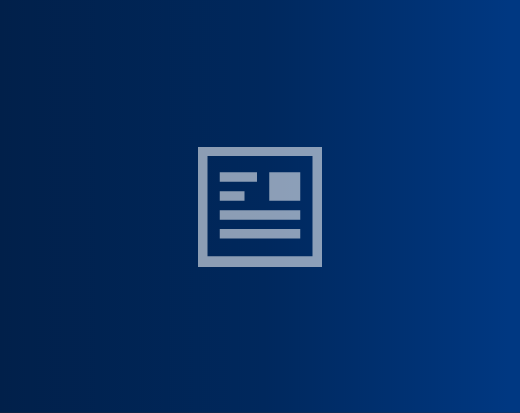The globe is at the cusp of a digital transformation and Indonesia must keep up if the country wants to maintain its goal of becoming one of the…
PartnerinIndonesia
Hashtag





